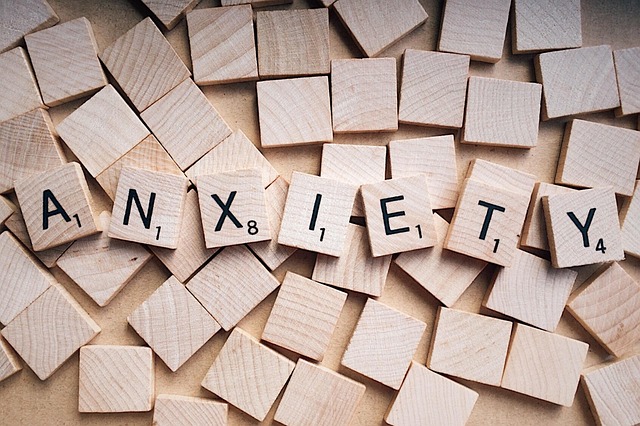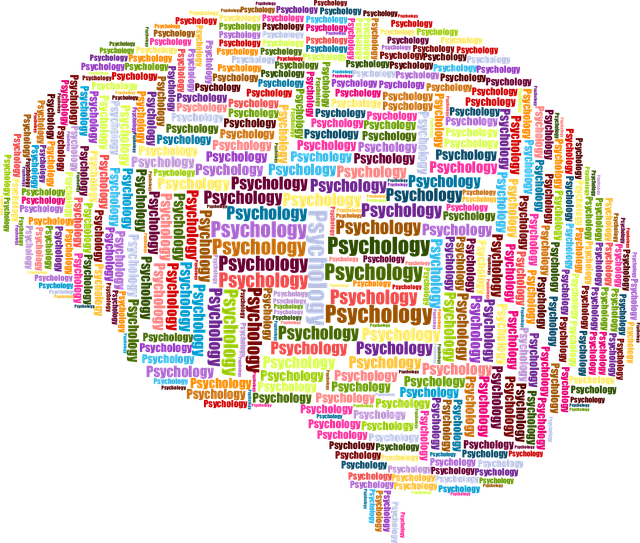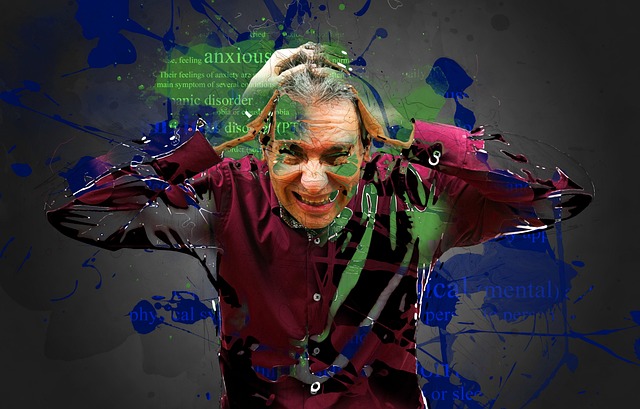Emotional intelligence (EI) development through therapy is a transformative strategy for individuals with Attention Deficit Hyperactivity Disorder (ADD/ADHD), addressing challenges in emotion processing and regulation. Therapies like cognitive-behavioral therapy (CBT) and mindfulness interventions teach individuals to recognize and manage their emotional responses, reducing anxiety and depression risks while enhancing overall well-being. Regular evaluations by healthcare providers, who consider cultural sensitivity and individual backgrounds, personalize strategies such as integrating mental wellness practices into daily routines. These approaches aim to improve EI, impulsivity management, focus, and stress levels in ADD/ADHD patients through therapy, ultimately fostering resilience and preventing burnout.
Emotional intelligence (EI) is a powerful tool for managing and navigating daily life, especially for those with Attention Deficit Disorder – Hyperactivity (ADD-ADHD). This article delves into the significance of EI, exploring its profound impact on individuals with ADD-ADHD. We present effective strategies to enhance emotional awareness and coping skills, emphasizing the critical role of therapy in developing emotional intelligence for more successful ADHD evaluations. Understanding these techniques can empower both individuals and professionals to foster better mental health outcomes.
- Understanding Emotional Intelligence and its Impact on ADD-ADHD
- Strategies for Enhancing Emotional Intelligence in Individuals with ADD-ADHD
- The Role of Therapy in Developing Emotional Intelligence for Effective ADHD Evaluations
Understanding Emotional Intelligence and its Impact on ADD-ADHD

Emotional intelligence (EI) refers to an individual’s ability to recognize, understand, and manage their own emotions, as well as empathize with others’ emotional states. It encompasses a range of skills, from self-awareness and self-regulation to social awareness and relationship management. For individuals with Attention Deficit Hyperactivity Disorder (ADD-ADHD), building emotional intelligence can be transformative. Therapy for ADD-ADHD often includes evaluations that assess EI, as it plays a significant role in how these individuals navigate their daily lives.
A strong EI can help those with ADD-ADHD improve mood management, which is crucial given the heightened risk of anxiety and depression often associated with the condition. Moreover, cultural sensitivity in mental healthcare practice is essential when addressing emotional intelligence in this population. Healthcare providers must consider the unique challenges faced by individuals with ADD-ADHD, especially in managing stress and building resilience to prevent burnout, a common issue within the healthcare industry. Effective strategies can enhance their ability to cope with emotional situations, improve relationships, and foster better overall well-being.
Strategies for Enhancing Emotional Intelligence in Individuals with ADD-ADHD

Building emotional intelligence (EI) is a valuable tool for managing Attention Deficit Hyperactivity Disorder (ADHD or ADD). Individuals with ADHD often face challenges in processing and regulating emotions, leading to impulsivity, difficulty focusing, and heightened stress levels. Several strategies can enhance EI in this population. One effective approach is through therapy tailored for ADHD, such as cognitive-behavioral therapy (CBT) or mindfulness-based interventions. These therapies help individuals recognize and understand their emotional responses, teaching them coping mechanisms to manage impulsive behaviors.
Regular evaluations play a crucial role in this process. Comprehensive assessments by healthcare providers can identify specific emotional challenges associated with ADHD. Armed with these insights, personalized strategies can be designed. This might include integrating mental wellness practices into daily routines through the Mental Health Education Programs Design, focusing on relaxation techniques and stress management. Additionally, Mental Wellness Podcast Series Production can offer engaging, accessible resources for self-reflection and skill development related to emotional intelligence.
The Role of Therapy in Developing Emotional Intelligence for Effective ADHD Evaluations

Therapy plays a pivotal role in developing emotional intelligence for effective ADHD evaluations. It offers a safe and structured environment where individuals with Attention-Deficit/Hyperactivity Disorder (ADD-ADHD) can explore and understand their emotions, triggers, and behaviors. Skilled therapists utilize evidence-based practices such as cognitive-behavioral therapy (CBT), mindfulness training, and emotional regulation techniques to enhance self-awareness and coping strategies. These therapeutic approaches not only help individuals manage symptoms but also foster a deeper understanding of their unique emotional landscapes, enabling more accurate evaluations by healthcare providers.
Moreover, therapy for ADD-ADHD evaluations incorporates cultural competency training, ensuring that the healthcare provider understands the individual’s background and experiences. This holistic approach addresses potential cultural biases in diagnosis and treatment, promoting inclusive and effective care. Emotional healing processes, often a byproduct of therapy, contribute to burnout prevention by equipping individuals with the tools to navigate life’s challenges emotionally intelligent ways.
Emotional intelligence (EQ) plays a pivotal role in managing Attention Deficit Disorder with or without Hyperactivity (ADD-ADHD). By understanding and leveraging EQ, individuals with ADD-ADHD can significantly improve their relationships, academic performance, and overall well-being. Therapy for ADD-ADHD evaluations specifically focused on emotional intelligence can help identify strengths and weaknesses, providing tailored strategies to enhance self-awareness, empathy, and regulation skills. This comprehensive approach ensures that those affected by ADD-ADHD not only manage symptoms but also thrive in various aspects of life.













